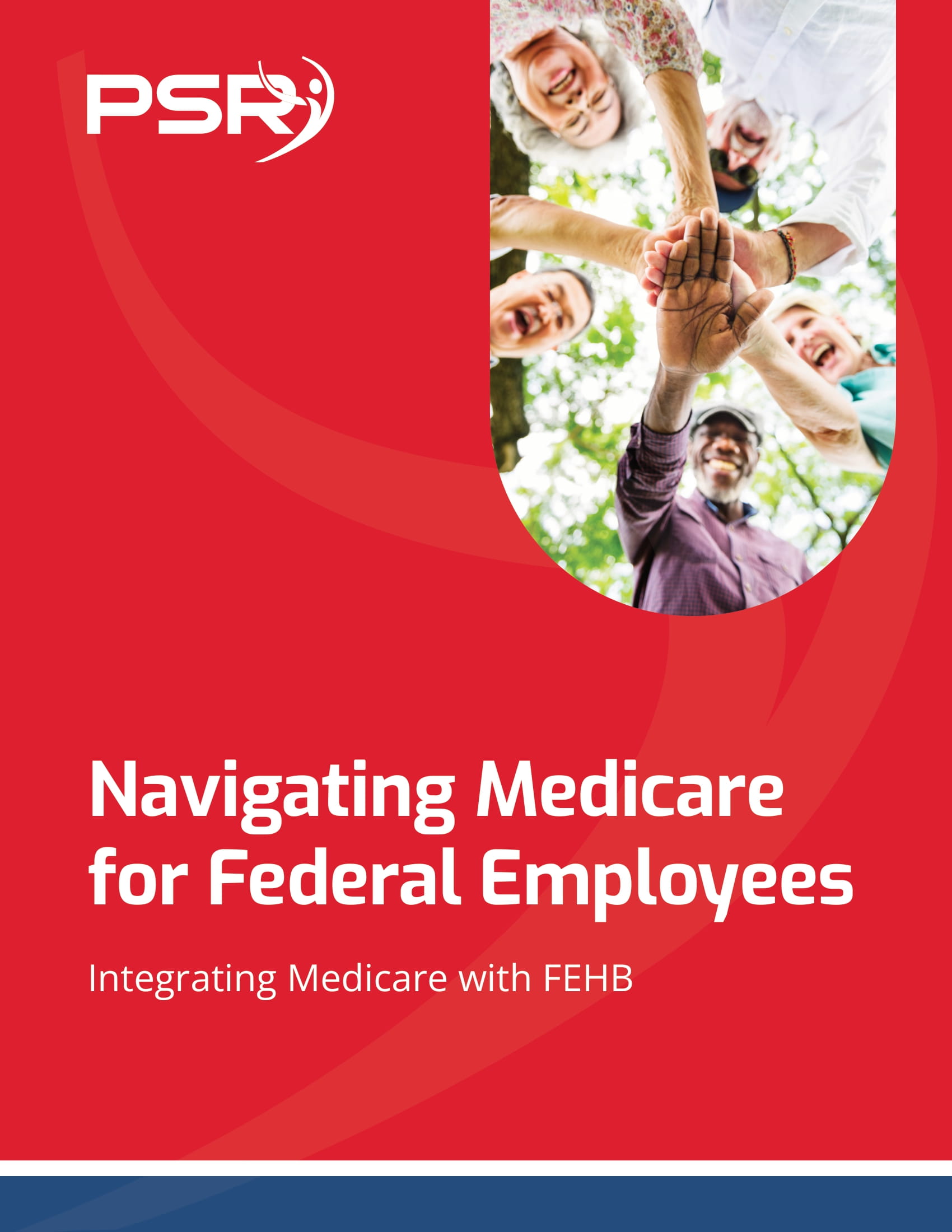Key Takeaways
-
Survivor benefits are not automatically protected at retirement—they must be specifically elected and documented ahead of time.
-
Last-minute changes often face limitations, penalties, or denials, making early and careful planning critical for protecting your loved ones.
Why Survivor Benefits Need Early Attention
When you approach retirement from public sector service, it’s natural to focus on your own pension and future financial stability. But survivor benefits are just as crucial, especially if you have a spouse, dependent, or other family member relying on you. In 2025, the rules for public sector survivor benefits remain strict: what you elect before retirement largely controls what happens afterward.
Survivor Benefits Are Not Automatic
- Also Read: Divorce and Your Federal Pension—What Happens When You Split Assets and How It Could Affect Your TSP
- Also Read: What Happens to Your Federal Benefits After Divorce? Here’s the Lowdown
- Also Read: The Best FEHB Plans for 2025: Which One Fits Your Lifestyle and Budget the Best?
Unlike life insurance policies that might simply pass on to beneficiaries, survivor benefits must be deliberately chosen before you retire. If you forget, assume it will happen automatically, or misunderstand the paperwork, you could leave your spouse or dependent family member without any ongoing support.
Elections Are Typically Irrevocable Post-Retirement
In most public sector retirement systems, including federal, state, and local plans, survivor benefit elections are binding once retirement begins. Changing them later is either impossible or extremely limited—often requiring a qualifying life event like divorce or death.
Core Steps to Protect Survivor Benefits Before You Retire
1. Understand the Basic Options
Most government retirement systems offer several survivor options:
-
Full Survivor Benefit: Your survivor receives up to 50% or more of your retirement annuity.
-
Reduced Survivor Benefit: A partial annuity with a smaller deduction from your retirement income.
-
No Survivor Benefit: You receive a larger pension during your lifetime, but your survivor gets nothing.
Each option has different financial consequences for you now and your loved one later. Understanding these differences early is key.
2. Evaluate the Costs
Choosing a survivor benefit typically reduces your pension payment by a percentage—sometimes between 5% and 10%. This reduction applies for life. It’s important to compare the long-term value of the survivor protection against the upfront cost to your own income.
3. Coordinate with Other Benefits
You should coordinate your survivor benefits decision with:
-
Life insurance coverage
-
Social Security survivor options
-
Health insurance continuation plans
This holistic approach can help ensure your survivor has enough financial protection from multiple sources.
4. Complete All Required Forms Accurately
Filing the right forms correctly and on time is crucial. Missing a deadline or making a mistake could permanently impact your survivor’s eligibility. In 2025, many systems still require:
-
A notarized signature
-
Spousal consent (if waiving a survivor benefit)
-
Confirmation at the point of final retirement processing
Plan to double-check every piece of paperwork.
Common Mistakes That Risk Survivor Benefits
1. Assuming Default Elections Are Sufficient
Many retirees incorrectly believe that survivor benefits automatically follow their marital status. They don’t. You must elect the benefit specifically and submit any required spousal consent if declining it.
2. Failing to Update After Life Changes
Marriage, divorce, the birth of a child, or the death of a designated survivor could change your priorities. However, if you don’t update your elections before retirement, it’s often too late.
3. Misjudging Health Insurance Impact
In many systems, your spouse’s eligibility to continue coverage under your health insurance plan depends on having a survivor benefit. Without one, they could lose healthcare access immediately after your death.
Deadlines You Must Know
Before Retirement:
-
6 to 12 Months Prior: Attend a pre-retirement counseling session offered by your agency or HR department.
-
At Retirement Filing: Officially submit your survivor election paperwork.
After Retirement:
-
Within 30 Days: You may have a short window to correct errors if permitted.
-
Beyond 30 Days: Changes usually require a qualifying life event and are tightly restricted.
Special Considerations for Public Sector Employees
Law Enforcement, Firefighters, and Special Category Workers
Some groups, like law enforcement officers (LEOs) and firefighters, have access to enhanced survivor benefits. These typically offer:
-
Higher percentages for survivor annuities
-
Early payment of benefits
-
Continued eligibility for healthcare benefits
If you fall into a special retirement category, review your specific rules carefully—they differ from standard federal and state employee provisions.
Employees Covered by CSRS vs. FERS
-
CSRS retirees: Survivor benefits can be up to 55% of your annuity, but the election reduces your pension.
-
FERS retirees: Survivor benefits are often set at 50% or a reduced 25%, depending on the option you select.
Choosing the right structure in advance is critical because you cannot swap between these systems after retirement.
The Financial Risk of Last-Minute Changes
Trying to change survivor benefits at the last moment usually backfires. Common issues include:
-
Penalties: You may be required to pay hefty retroactive premiums.
-
Denials: You could be completely barred from making the change if deadlines are missed.
-
Reduced Protection: Even if allowed, late changes often result in reduced survivor payments or coverage.
The safest route is careful election months before your actual retirement date.
How Survivor Benefits Affect Other Retirement Components
Thrift Savings Plan (TSP) and Beneficiary Designations
Your TSP account operates separately from your pension survivor benefits. You must name a specific beneficiary for your TSP funds. Otherwise, they may pass through a default order of precedence that might not align with your wishes.
Federal Employees Health Benefits (FEHB) and Survivor Annuity Link
In 2025, rules still require a survivor annuity to keep FEHB for a surviving spouse. If you fail to elect a survivor benefit, your spouse could lose FEHB coverage immediately upon your death.
This rule reinforces why survivor benefits cannot be treated as an afterthought.
Questions to Ask Yourself Before Making Your Election
-
Can my spouse maintain financial stability if my pension income stops?
-
Does our household budget require full survivor benefits or is a reduced option enough?
-
What other assets, insurance, or income sources will be available to my survivors?
-
Have I documented all elections properly with notarized forms and spousal consent where needed?
Careful self-assessment today prevents financial hardship for your loved ones later.
Preparing for a Smooth Survivor Benefits Election Process
-
Start Planning: Begin considering survivor options at least 1 year before your planned retirement date.
-
Attend Counseling: Make use of all retirement planning resources offered through your agency.
-
Seek Advice: Consult a licensed professional listed on this website to review your elections and identify any potential pitfalls.
-
Document Everything: Keep copies of every form, confirmation letter, and correspondence related to your survivor benefits.
-
Stay Organized: Create a retirement folder—paper or digital—where all critical documents are stored for easy access.
Following these steps increases your peace of mind and strengthens the protection you are offering your family.
Safeguarding Your Survivor Benefits: Your Responsibility Today
Taking proactive steps now gives you—and your loved ones—security later. Survivor benefits are too important to leave to chance or assumptions. Electing the right options, coordinating with other benefits, and finalizing paperwork early will ensure that your survivors have the support they need if the unexpected happens.
If you are unsure how your specific situation lines up with these rules, contact a licensed professional listed on this website. Personalized guidance can help you avoid costly mistakes and ensure your family’s future remains protected.











